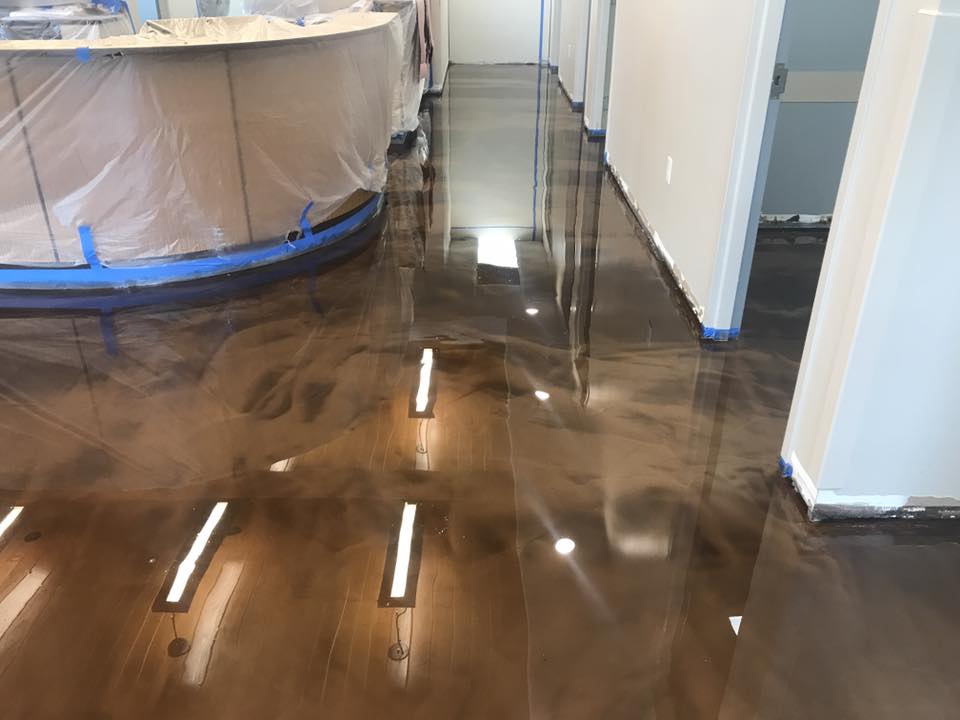Slip resistance is one of the most important factors when it comes to flooring and safety in your workspace. If the flooring isn’t slip-resistant, then you risk trips and falls, especially when wet or with bare feet, which can be very dangerous as well as embarrassing. When it comes to slip resistance, there are several factors that affect how a floor will perform in terms of fall-proofing and improving workplace productivity. Here’s what you need to know about industrial resin flooring and its importance in keeping your workers safe and secure on the job.
Table of Contents
What Is Slip Resistance?
Slip resistance is the measure of a surface’s ability to resist the slipperiness that can cause someone to slip and fall. Resin flooring, for example, is designed with a textured surface that offers excellent slip resistance. As such, resin flooring is an excellent choice for industrial workplaces and many other venues where slips are a concern.
Why Does Slip Resistance Matter?
Slip resistance is crucial for health and safety and can make the difference between operations that run with efficiency, and those beset by delays and risks. Specifically, it’s important for flooring in high-traffic environments such as warehouses, airports, grocery stores, schools, and hospitals. Non-slip surfaces will reduce accidents from slips or falls caused by wet floors. This is why slip-resistance is a critical safety measure.
What Affects Slip Resistance?
Slip resistance is affected by the material used in a surface, the hardness or softness of the material, and any contaminants on the floor. A high coefficient of friction means better slip resistance.
How Slip-Resistant Is a Resin Floor?
A resin floor offers a balance of durability and slip-resistance. Resin floors are waterproof and easy to clean, so you can maintain them with ease. Plus, the variety of colours available makes it easy to match your floor’s look to your company’s branding.
How Is Slip Resistance Tested?
There are two ways to test the slip resistance of a floor. One is called the T-peel test, which involves placing pieces of paper on the floor and pulling them back up with a device that measures how much force was required to do so. The other is called the ASTM wet coefficient (CWT). In this test, a walkway that is covered in water is created on top of the flooring, and a person walks across it wearing shoes with rubber soles.
Conclusion
The great thing about epoxy resin flooring is that it can be used in a variety of different spaces. It’s durable and can withstand heavy loads, making it ideal for warehouses, factories, and production lines. Resin flooring also provides excellent traction and slip resistance!

